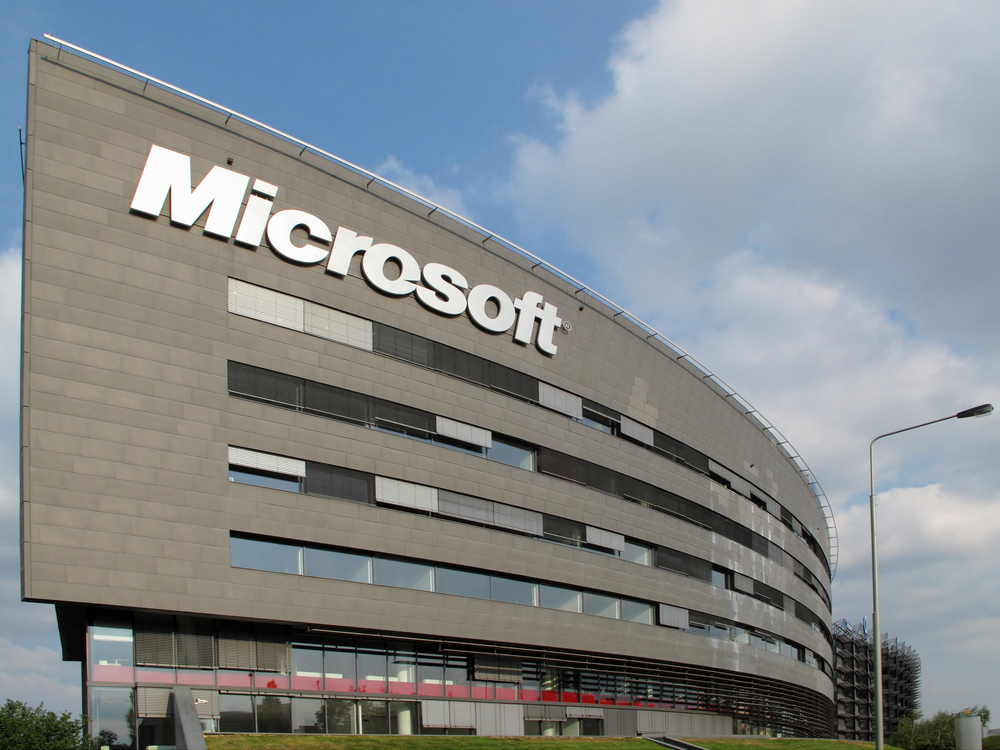

Microsoft has announced Cloud Platform System (CPS), an “Azure-in-a-box” offering that will run on customers’ premises but connect to Microsoft’s public Azure cloud and run Azure software.
The pre-assembled racks of servers, manufactured by hardware partner Dell, will run the HyperV hypervisor, System Centre 2012 R2, Windows Server 2012 R2 and Windows Azure Pack, which adds Azure technologies to on-premises Windows Server instances, Microsoft said. The product is set to be available in November, with pricing not yet disclosed.
While Microsoft is currently working exclusively with Dell on the product, other vendors may be brought in later, Microsoft executive vice president of cloud & enterprise Scott Guthrie said at the Monday event in San Francisco announcing CPS. At the same time, he said the integration afforded by the two companies’ close working arrangement on CPS should make the product attractive to large enterprises, government bodies and service providers.
“The enterprises of today and tomorrow demand a cloud platform that is reliable, scalable and flexible,” said Microsoft chief executive Satya Nadella. “With more than 80 percent of the Fortune 500 on the Microsoft cloud, we are delivering the industry’s most complete cloud — for every business, every industry and every geography.”
CPS is intended to allow organisations to shift some of their operations to the public cloud while continuing to operate their on-premises facilities with the same management tools as are used on Azure, Microsoft said.
Microsoft competes in cloud services with the likes of Amazon, which leads the Infrastructure-as-a-Service (IaaS) public cloud market, and Google, as well as vendors such as VMware, HP and Rackspace.
At the San Francisco event, Microsoft said its cloud division, including cloud-hosted applications such as Office 365, has annual revenues of $4.4 billion (£2.7bn), with the company investing $4.5bn a year in capital expenditures to build up its cloud infrastructure.
Other announcements at the event included G-series virtual machines , aimed at large-scale workloads. The G-series offer twice the memory of Amazon’s largest current VMs and four times those of Google Compute Engine’s largest, with Premium Storage offering 32 terabytes of storage per VM.
Microsoft also said it has added CoreOS Linux VMs to Azure and created a single Azure marketplace for third-party software and services, replacing outlets such as Azure Store and Azure Data Marketplace.
Do you know all about Dell? Take our quiz.
American space agency prepares for testing of Boeing's Starliner, to ensure it has two space…
As UK and Europe develop closer military ties, European Commission says it will invest €1.3…
Zuckerberg seeks to revive Facebook's original spirit, as Meta launches Facebook Friends tab, so users…
Notable development for Meta, after appeal against 2021 WhatsApp privacy fine is backed by advisor…
First sign of shake-up under new CEO Lip-Bu Tan? Three Intel board members confirm they…
Trump's nominee for SEC Chairman, Paul Atkins, has pledged a “rational, coherent, and principled approach”…